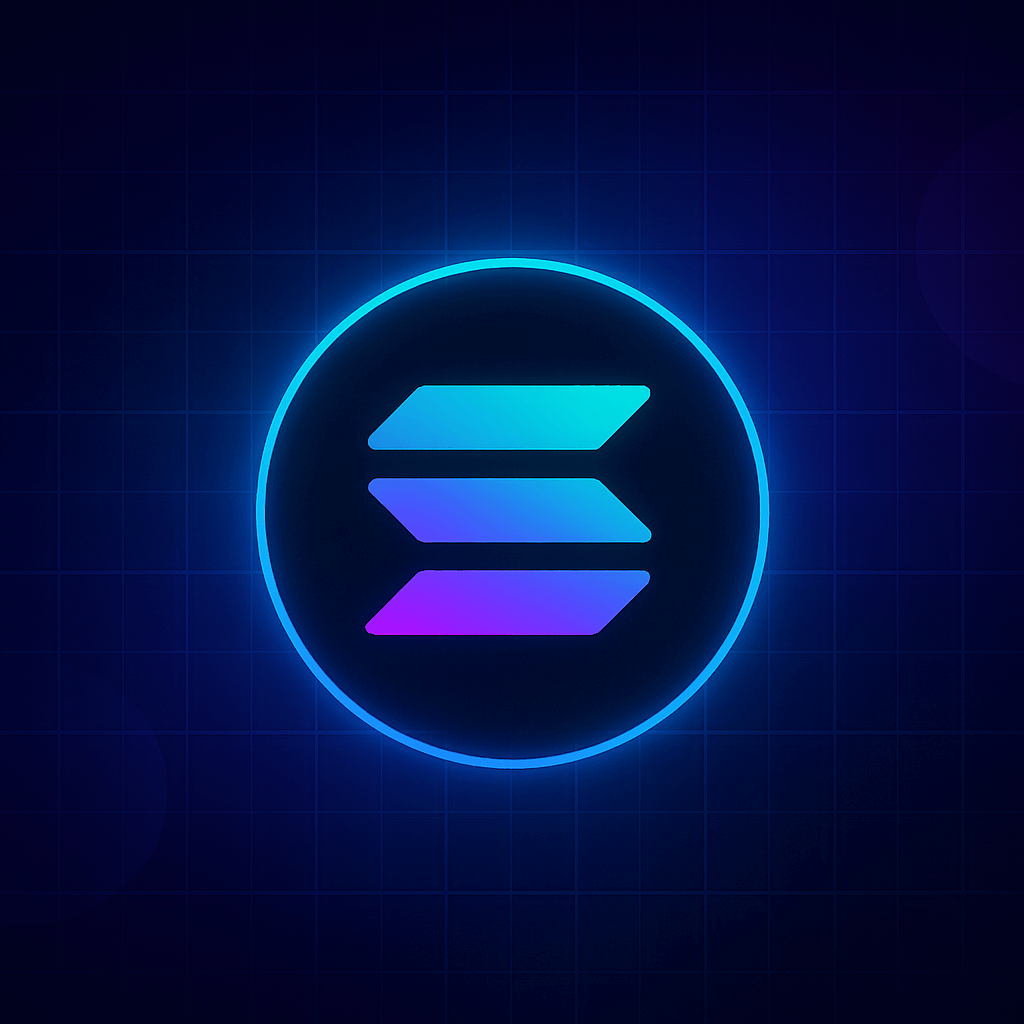Borrowing
DeFi Loans: What is Collateral Liquidation
December 06, 2023
Borrowing
December 06, 2023

When it comes to crypto borrowing, collateral liquidation is a worst-case scenario that you want to avoid. Learn how in this article.
Liquidation is one of the most important concepts to understand when borrowing money using your crypto assets as collateral in decentralized finance (DeFi). Liquidation can cause you to lose some or all of your collateral if the market moves against you. Scary, right?
So what exactly is liquidation, and how does it happen? Most importantly, can it be avoided?
In this article, take a look at how DeFi crypto loans work and explore the idea of collateral liquidation. We will also introduce you to Rocko, a DeFi loan platform that helps you to take out DeFi loans while effectively manage your collateral.
Let's dig in.
Liquidation is a process that occurs with your crypto collateral loans when the value of your collateral falls below a certain threshold — often called the “Liquidation Threshold” — and the crypto lending protocol sells some or all of your crypto holdings to recover the loan amount.
Essentially, it is a mechanism that protects crypto lenders from the risk of default by borrowers.
Unlike personal loans, when you borrow money from a decentralized finance (DeFi) crypto lending platform, you need to deposit some crypto assets as collateral. Since these are non-custodial crypto loans (meaning that your collateral assets only ever stay with you and are never lent-out by the lending platform), collateral serves as a guarantee to the crypto lenders that you will complete all of your loan payments, plus interest. This collateral system enables lenders to offer crypto loans without credit checks and with a potentially unlimited loan amount.
**For example, you can take out a DeFi loan by depositing Ethereum (ETH) and borrowing US Dollar Coin (USDC), a stablecoin pegged to the US dollar. This allows you to access liquidity without selling your crypto assets or triggering a taxable event.
However, the value of crypto assets is volatile and can change rapidly due to market fluctuations. If the value of your collateral drops too much, it may be liquidated by the crypto lending platform. This means that the platform will automatically sell some or all of your collateral at the current market price and use the proceeds to repay your loan. Watch out for those crypto market swings!
So how do you know if you’re at risk for liquidation?
Liquidation occurs when your Loan-to-Value (LTV) ratio exceeds the liquidation threshold set by the crypto loan platform. The LTV ratio is the value of your loan amount divided by the value of your collateral.
The liquidation threshold is the maximum LTV ratio allowed by the crypto lenders before they liquidate your collateral. This variable depends on various factors, such as the type of collateral asset, the type of crypto loan, the crypto lending platform, and the market conditions.
For example, if you deposit 2 ETH worth $2,000 each ($4,000 in total) and borrow $2,000 USDC, your LTV ratio is 50%. Generally, the lower your LTV ratio, the safer your collateral is from being liquidated.
In our example, if the liquidation threshold of your crypto loan is at 80% LTV, your collateral must be worth at least $2,500 at all times. If the price of ETH falls significantly and your collateral dips below $2,500 in value, the lending protocol will initiate a liquidation process, selling your ETH crypto holdings in order to repay the loan.
Different crypto loan providers have different liquidation thresholds for different types of crypto loans and collateral assets. For example, some platforms have a higher liquidation threshold for stablecoins than for more volatile assets like ETH or COMP. Some crypto lending platforms also adjust their liquidation thresholds dynamically based on market volatility and liquidity.
Generally speaking, liquidation is more likely to occur when:
The price of your collateral crypto holdings drops significantly in a short period of time.
The volatility of your collateral crypto holdings is high.
The LTV ratio of your crypto loan is high.
The liquidation threshold of your crypto loan is low.
You can check the current LTV ratio and liquidation threshold of your loan through the crypto loan platforms where you borrowed money.
Let's talk about what happens when things go south. Liquidations have negative consequences for borrowers. Here are some of the possible outcomes of a liquidation:
Bummer, right?
Depending on the liquidation penalty (covered below) and the market price of your collateral, you may end up with less or no collateral after liquidation. This means that you lose the opportunity to benefit from any future price appreciation of your collateral asset.
Many crypto lending platforms take a fee from collateral upon liquidation. This fee is generally referred to as a liquidation penalty and usually ranges from 5% - 10% of the collateral value. So if $1,000 of ETH is liquidated with a 5% liquidation penalty, a $50 fee would be assessed by the lending protocol and taken from the collateral.
Depending on your jurisdiction and tax laws, liquidation may be considered a disposal or exchange of your crypto asset, which may trigger capital gains or losses taxes. You may have to report and pay taxes on the difference between the market price of your collateral at the time of liquidation and your original cost basis. This can add to your financial burden and complicate your tax filing.
Thankfully, the risks of liquidation can be reduced through proactive management of your crypto loan.
Here's a few steps to help avoid liquidation:
Monitor LTV: Always maintain your LTV within safe margins. If it nears the liquidation threshold, consider repaying part or all of your crypto loan or posting more collateral.
Over-collateralize: When securing a crypto loan, consider depositing more than the bare minimum in required collateral. This buffer can be your safety net during market downturns.
Stay Market Savvy: Regularly monitor crypto market trends. Liquidation thresholds can change, so it's important to keep an eye on protocol changes as they occur.
Diversify Your Collateral: Instead of relying on one cryptocurrency, consider diversifying your collateral across multiple stable assets. This way, a sharp decline in one asset won't immediately trigger liquidation.
Use Loan Alert Tools: Some platforms, such as Rocko, have introduced advanced tools to help you monitor your loan health and reduce the risk of liquidation.
Rocko is a new platform that enables crypto owners to easily and securely borrow from popular DeFi protocols like Compound and get funds in minutes — no experience needed! Use the loan to make large purchases, pay down higher-rate debt, make investments, and more.
Rocko also provides a loan management dashboard and tools like text and email alerts to help you manage your loan.
Sign up for Rocko and get a loan today!
Rocko to the Rescue!
Rocko offers the following three features that can help you avoid liquidation:
Recommended collateral buffers
Email and phone alerts
Automatic alerts when liquidation thresholds change
When setting up a crypto loan through Rocko, you are able to post more collateral than required (i.e. a collateral buffer) for your loan amount. Before committing to an amount, you can see how different amounts of collateral impact the liquidation price of your crypto loan. The liquidation price is the USD price of the collateral asset (i.e., ETH) at which the collateral would be liquidated.
It’s recommended that you post more collateral than the minimum required in order to lower your LTV ratio and liquidation price. This way, you can have a higher margin of safety against liquidation.
Who doesn't like friendly reminders? Rocko users can set up alerts to be notified if they are in danger of being liquidated. This gives borrowers the opportunity to repay their crypto loan in part or in full or add more collateral to prevent liquidation.
Rocko alerts are fully customizable. Users are able to select the method of alert (email or text), the collateral buffer threshold for the alert, and the frequency. They can also create multiple alerts so that they are notified at different thresholds.
Rocko automatically sends alerts to you if the liquidation threshold for one of your loans changes. This helps you stay informed and helps you better manage liquidation risk.
Crypto loans are awesome, but they come with risks. Rocko can help you manage these risks and avoid liquidation while providing access to low-rate DeFi loans.
Rocko will be launching soon, so join the waitlist today to enjoy the benefits of borrowing with crypto without the uncertainty.
Rocko is a new platform that enables crypto owners to easily and securely borrow from popular DeFi protocols like Aave, Compound, and Morpho and get funds in minutes — no experience needed! Use the loan to purchase real estate, pay down higher-rate debt, make everyday purchases, and much more.
Rocko also provides a loan management dashboard and tools like text and email alerts to help manage your loan and collateral. The Rocko team consists of experienced crypto enthusiasts who are ready to help you with any questions you may have. You can join the Rocko Discord server, follow our Twitter account, or visit our resource center to learn more about DeFi borrowing.
Sign up for Rocko and get a loan today!
Rocko does not guarantee the reliability of the Site content and shall not be held liable for any errors, omissions, or inaccuracies. The opinions and views expressed in any articles on rocko.co are solely those of the author(s) and do not reflect the opinions of Rocko. The information provided on the Site is for informational purposes only, and it does not constitute an endorsement of any of the products and services discussed or investment, financial, or trading advice. A qualified professional should be consulted prior to making financial decisions.

Crypto & DeFi
Why Borrow Against Staked ETH? Liquid-staking tokens (LSTs) such as stETH, wstETH, cbETH and rETH let you keep earning staking rewards while…
June 17, 2025

Crypto & DeFi
Bitcoin Mining Loans: How to Fund Your Mining Business Bitcoin mining is the backbone of the Bitcoin network—a decentralized process where…
May 07, 2025

Crypto & DeFi
The 5 Best Solana Loan Platforms of 2025 As Solana cements its position as a leading blockchain for high-speed, low-cost DeFi applications…
May 06, 2025